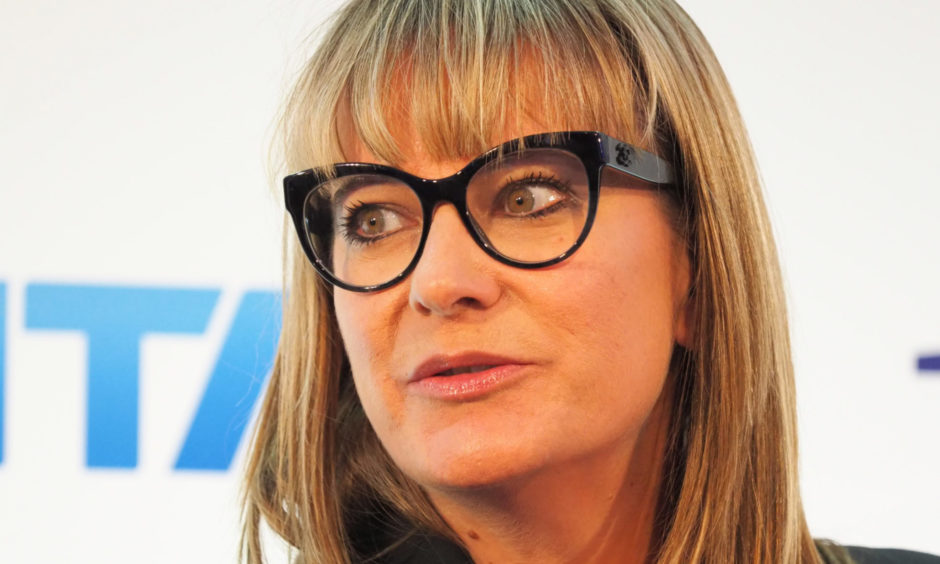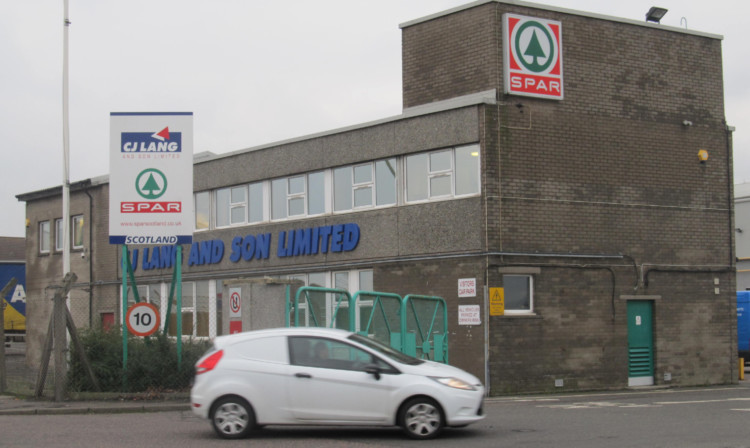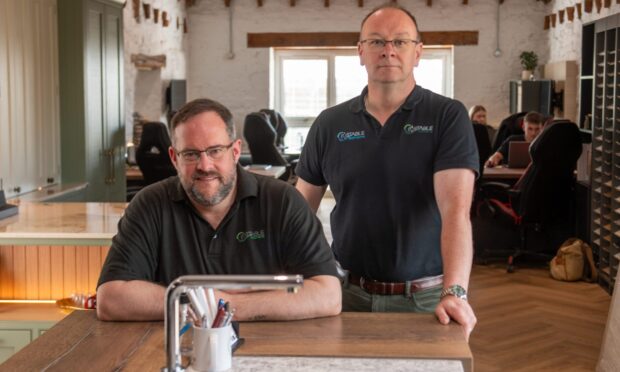“The ash cloud was eerie but this was a whole new level… my heart sunk into my stomach and I thought is this ever going to be the same again?”
The chief operating officer of Heathrow Airport is not expecting the aviation industry to recover until at least 2023.
Emma Gilthorpe, who will appear at the Courier Business Conference next month, said she expects a partial recovery next year, but is not expecting passenger numbers to fully return until a Covid vaccine is available.
The prominent businesswoman recalled the devastating impact Covid-19 had on the airport when passenger numbers “fell off a cliff” in March.
Britain largest airport’s went from more than six million passengers in January to a low of 206,000 in April, just 3% of normal levels.
She said the scenario was way beyond any disaster planning Heathrow had prepared for.
“In the past the aviation sector has seen things like Sars and MERS but they’ve always been relatively regionalised,” she said.
“In March we knew we were going to see a fairly large hit to our business but, looking at previous crises, hoped it would be relatively short-lived – multiple months but not several years.
“We didn’t know back in March that we were in it for the long term and it’s going to be a slow climb out until we have a vaccine.”
The stark reality of the challenges facing the airport was clear when the executive travelled to work the week after lockdown started.
On her drive to work she would normally see a plane pass overhead every 45 seconds. She saw just one fly by on her eight-mile drive.
“When we had the ash cloud in 2010 and the airport was shut for three days – that was eerie but this was a whole new level,” Ms Gilthorpe said.
“On every level it was deeply, deeply sad and then you think of the consequences of that.
“80,000 people work at Heathrow and I was thinking ‘what is going to happen to all these people?’ The local community relies on us for their livelihood, multi-generations work here… it was devastating.
“My heart just sunk into my stomach and I thought is this ever going to be the same again?”
The airport has since seen a slow rise in passenger numbers, reaching 1.4 million in August, around 20% of last year’s volume, but difficult cost-cutting decisions have had to take place.
There is a consultation ongoing with around 1,000 staff and the airport has had to take steps to reduce its overheads.
“There was cost-cutting we had to make to survive and unfortunately we are in the midst of a difficult conversation with our unions,” she said.
“We have dealt with contracts and taken a sizeable chunk out of our cost base.
“Completely understandably, governments are focused on the national health and also the national economy implication but they have left us out in the cold in terms of the transport and travel sector.
“There has been some support for airlines in terms of debt but it’s been nothing compared to other sectors and nothing for airports in any meaningful way.”
Ms Gilthorpe said the Government’s travel task force, announced last week to reduce the quarantine time through testing, was welcome but it needed to move quickly.
“Testing is good but the only long-term solution is a vaccine and so it’s going to be a painful climb out of this,” she said.
“IAG said it expected it to be until 2023 for passenger demand to recover and we share that view.
“We have been in survival mode this year. Next year will be about rolling out testing and getting key routes like the US open.
“There is pent-up demand, people want to travel. We’ve just got to build back the confidence and trust so what when the routes do open people want to come and they want to come to Heathrow.”
While the pandemic has had a crushing impact on Heathrow, it has also served as a catalyst for change in the organisation.
Issues such as people paid differently for the same job and becoming more tech savvy have been addressed with a “step change” rather than incremental chance, the chief operating officer said.
Ms Gilthorpe, who has worked at Heathrow since 2009 after previously being a director at BT, said there were several key lessons she had learned during the Covid-19 crisis.
She plans to share her experiences at the virtual Courier Business Conference in association with MHA Henderson Loggie, which is free to attend on November 10.
“Acting fast is absolutely essential and there’s a bit of a ‘done is better than perfect’ mantra,” she said.
“I think being really clear about what your priorities are is important – narrow focus, take rapid action, prepare to make mistakes, fail fast and recover.
“Be fast, be focused and then lean into your team, really understand what the issues are for them.”












